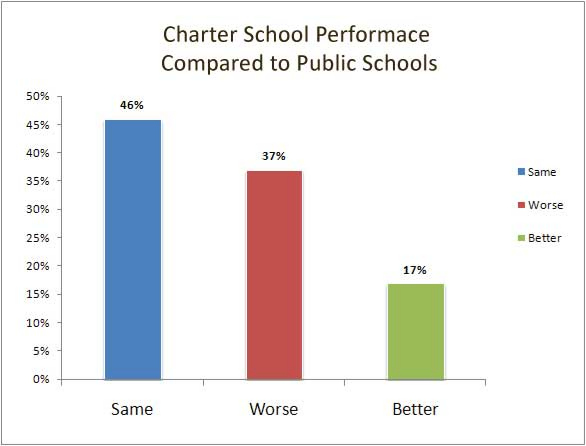
The educational reforms proposed and overseen by the Haslam administration statewide have been both well-intentioned and internally flawed. There is no question that too many public schools in Tennessee qualified for
the adjective “failing” in 2011 when Governor Bill Haslam, then newly inaugurated, appointed new state education officials dedicated to pursuing new policies.
Those policies were heavily reliant on standardized testing of student performance, teacher effectiveness, and institutional outcomes, and have met with significant resistance from several sectors of the population that, to say the least, had not previously operated in tandem.
Classroom teachers saw their influence over the educational process reduced by the General Assembly’s simultaneous abolition of collective bargaining, and many of them objected also to the intensified testing regimens mandated by the state, complaining, among other things, that training students for the tests took up time and energy that could be more usefully applied to exploratory teaching methods, that the tests, by concentrating on relatively rote outcomes in specific areas (English and math, normally) shortcut the aims of public education, and that the tests did not measure real learning.
The standardization of the tests, especially under the rubric of Common Core, also earned the distrust of parts of the state’s population who imagined that sinister national forces might be attempting to brainwash young Tennesseans. The two kinds of resistance coalesced into a group of unlikely political bedfellows that forced the state to rethink its commitment to Common Core and to develop a more Tennessee-specific standard.
Another phase of Tennessee’s new educational policy — the creation of a state-run Achievement School District empowered to take over under-performing schools from the jurisdiction of local school districts — has also met with resistance. This has particularly been the case here in Memphis, which had 69 local schools on the ASD’s “priority” list of institutions that tested in the lower five percent of effectiveness. Of those 69 schools, 31 are among the 33 that have been taken over by ASD, and ASD officials announced last week that another four — Caldwell-Guthrie Elementary, Kirby and Raleigh-Egypt middle schools and Hillcrest High — are due for takeover in the academic year 2015-16 and conversion to charter schools.
State policy permits other options, including leaving the schools under the jurisdiction of Shelby County Schools’ iZone (Innovation Zone) program. At a press conference last week, state Representative Antonio Parkinson (D-Memphis) brandished a recent Vanderbilt University study showing that iZone schools have achieved better results than have schools administered as charters or more directly by ASD. He promised to introduce legislation in the forthcoming session of the General Assembly to limit or abolish ASD’s prerogatives.
Such legislation will probably have little chance of passing, but Parkinson’s threat should not be regarded as idle. Sentiment against ASD’s procedures continues to build among proponents of locally controlled education, who note that SCS and iZone, unlike ASD, are responsive to an elected school board. Given the results of the Vanderbilt study, it becomes harder and harder to justify authoritarian state policies that override the long-established democratic basis of public education.